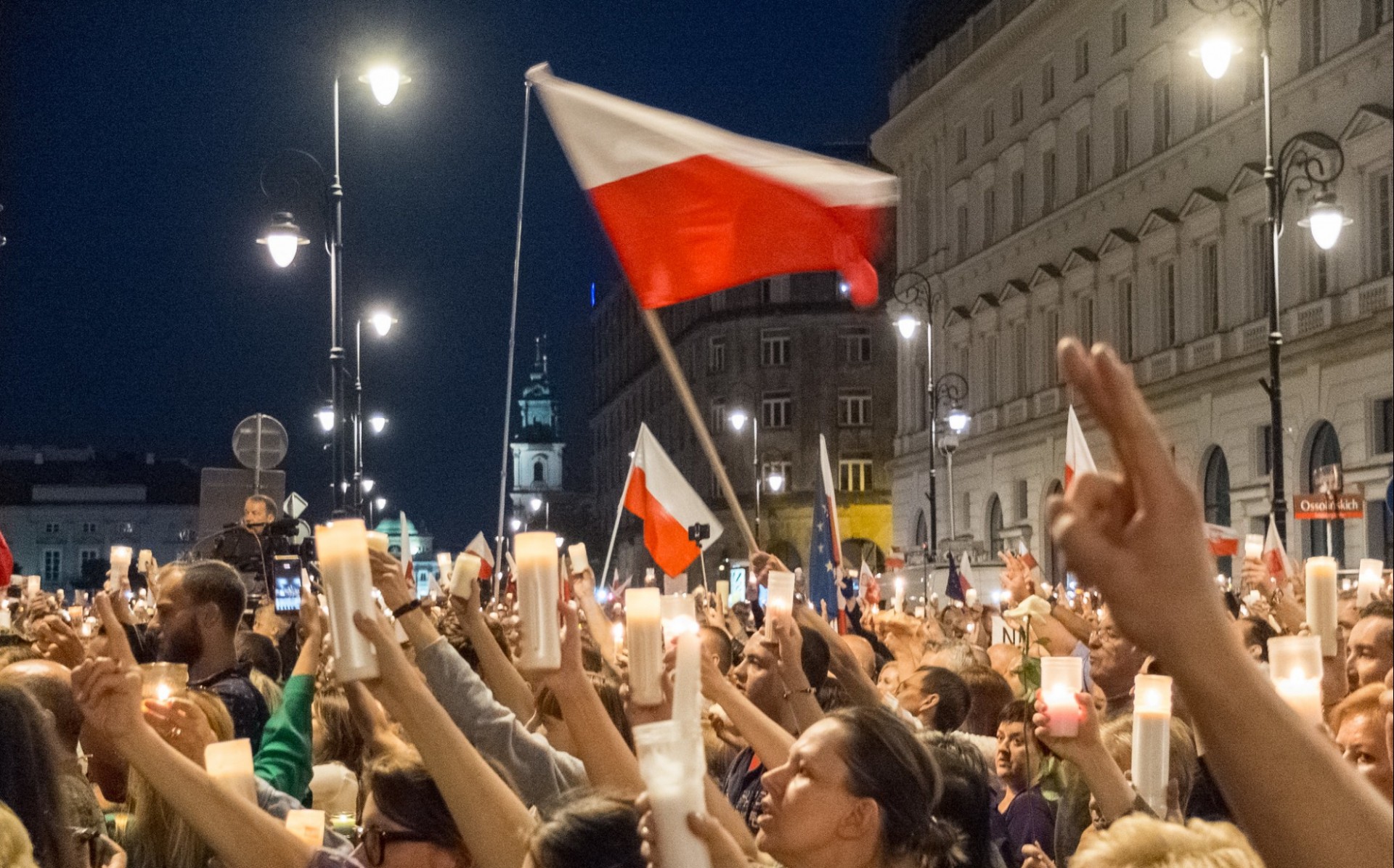Tsveta Petrova and co-author Paulina Pospieszna published "Democracy promotion in times of autocratization: the case of Poland, 1989–2019" in Post-Soviet Affairs. View the full article here.
Abstract
How has the post-2015 democratic rollback in Poland impacted its support for the democratization of Ukraine and Belarus? Conventional wisdom is that countries undergoing autocratization would abandon democracy promotion. In contrast, we provide evidence that even as democracy was undermined at home, Poland continued to provide democracy support abroad, albeit less enthusiastically. We further document that it was not the normative commitment of Polish elites to democracy but the instrumental embeddedness of democracy promotion in Polish foreign and security policies that ensured its survival. Lastly, we find that Poland’s support for democracy abroad now is closer to the new conservative values promoted at home, implemented mostly through state-run or state-controlled programs and less focused on supporting civil and political society abroad. Our paper contributes to the literature on regime promotion by analyzing and theorizing the overlooked question of how foreign policy, including democracy promotion, shifts for countries undergo autocratization.
Tsveta Petrova & Paulina Pospieszna (2021) Democracy promotion in times of autocratization: the case of Poland, 1989–2019, Post-Soviet Affairs, DOI: 10.1080/1060586X.2021.1975443
This paper is based on research conducted by Tsveta Petrova, as part of a project supported by the Erasmus+ Programme of the European Union. The European Commission’s support for this research project does not constitute an endorsement of the contents, which reflect the views of the author alone, and the Commission cannot be held responsible for any use that may be made of the information contained therein. Paulina Pospieszna would like to acknowledge the funding for this project by NCN and DFG (UMO-2014/15/G/HS5/04845, DFG code: 749/15) and to thank Aleksandra Monkos for her valuable assistance in data collection.

